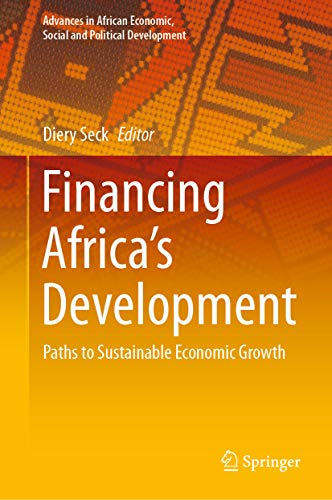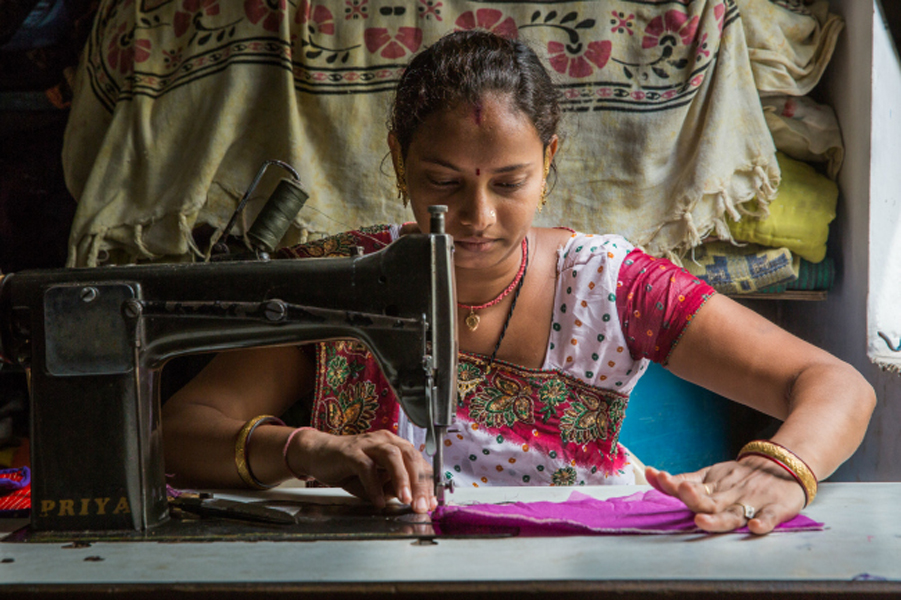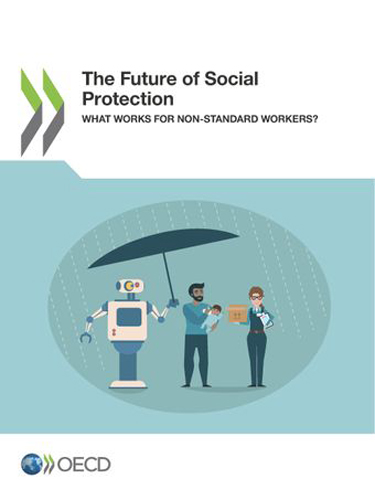Understanding the Greater Diffusion of Mobile Money Innovations in Africa
By Simplice Asongu, Nicholas Biekpe, Danny Cassimon The present research extends Lashitew, van Tulder and Liasse (2019, RP) in order to understand the greater diffusion of mobile money innovations in Africa. To make this assessment, a comparative analysis is engaged between sampled African countries and the corresponding sampled developing countries. Three main types of predictor groups are used for the study, namely: demand, supply and macro-level factors. The empirical evidence is based on Tobit regressions. The tested hypothesis is...









